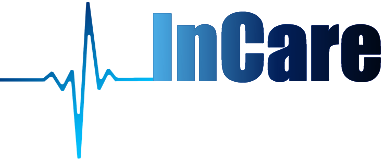What is restless leg syndrome?
RLS (restless leg syndrome) is a condition that gives you strange sensations in your legs and causes you to have an urge to move your legs at night. It can make you feel uncomfortable and interferes with your ability to fall asleep. RLS sometimes runs in families. It can also be caused by low iron stores in your body, which causes anemia. Kidney diseases, multiple sclerosis, diabetes, and pregnancy all can increase your risk of having RLS.
What are the symptoms of RLS?
- Uncomfortable urge to move your legs when you are resting
- Uncomfortable feelings such as creeping, crawling, pulling, or itching feeling in your legs. These symptoms are typically worse at night, especially while you are trying to stay still.
- Walking around or moving your legs may make uncomfortable feelings better temporarily.
- Unintentional moving of your legs during your sleep
Because of these symptoms, if you have RLS, you will find it hard to get good quality sleep. You may feel tired during the day because of RLS.
How is RLS diagnosed?
Your doctor can suspect RLS based on your history and story. Your doctor may order a sleep study in some situations. During the sleep study, you will be hooked up to equipment that monitors your heart rate, respiration, oxygen saturation, and other bodily functions.
How is RLS treated?
- Get regular moderate exercise during the day
- Massage your legs at night before going to sleep
- Take a warm bath, or apply heating pads to your legs in the evening
- Avoid taking medications that can make your RLS worse, including Benadryl, which is an antihistamine
Your doctor may end up ordering medications such as Pramipexole (Mirapex), Ropinirole (Requip), Carbidopa-levodopa (Sinemet), and Gabapentin (Neurontin). Treating the underlying disease in some people can also be helpful, e.g., treating severe anemia or worsening chronic kidney disease with hemodialysis.
Do you think you have Restless Leg Syndrome? Call our Pulmonary Clinic at (978) 254-4983 to get scheduled as soon as possible. Click here to Contact Us. If you are experiencing a medical emergency, please call 911.


